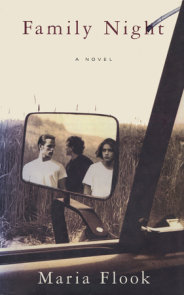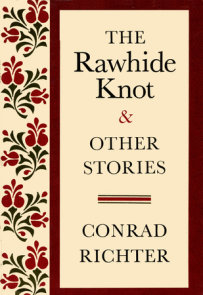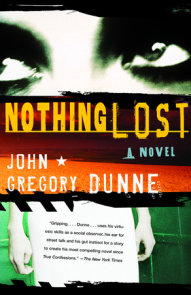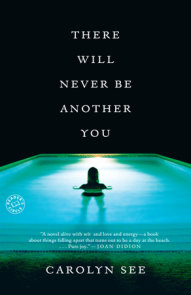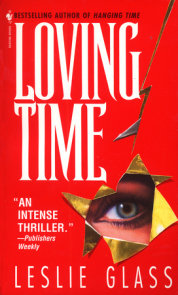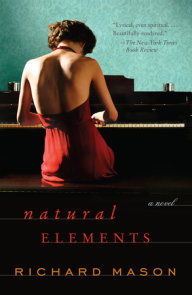READERS GUIDE
Questions and Topics for Discussion
INTRODUCTION
From the author of the runaway bestselling novel Best Friends, a smart, touching novel about the intimate yet fragile relationships among five very different people, thrown together in a small medical office, and how each life affects the others. Alicia, Brice, and Caroline are the ABCs-three close friends who have been brought together while working at the cozy medical practice of Drs. Markowitz and Strub in Midburg, Ohio. But when Alicia and Dr. Strub begin an affair, a dramatic chain of events ensues that gradually but drastically alters the office environment-ultimately requiring all five coworkers to redefine their relationships to one another. As Dr. Strub’s romantic life is thrown into turmoil, Dr. Markowitz is faced with the dire illness of his own wife and the secret life she has kept from him. Nurse Alicia withdraws to focus on her prodigy son; receptionist Caroline enters into a strange romance she previously would have dismissed; and office manager Brice, his once-ordered world disintegrating, is set dangerously adrift. Finally, a questionable business venture that evolves into financial scandal precipitates a monstrous tragedy that threatens to destroy everyone involved. Warm, moving, and witty, The Office of Desire offers an insightful look at human nature that will appeal to those who loved Moody’s previous novel and anyone else who has worked in an office.
ABOUT MARTHA MOODYMartha Moody is the author of the national bestseller Best Friends and the novel The Office of Desire. A practicing physician, she lives in Ohio with her family.
DISCUSSION QUESTIONSThe story of The Office of Desire is told from two points of view—Caroline’s and Dr. Markowitz’s. Why do you think the author chose these characters to narrate the story?Brice reacts angrily when he learns of Alicia’s relationship with Dr. Strub, calling her a “slut” and confronting her about the affair. Why does Brice take s
uch offense at their relationship? How does his reaction to the affair foreshadow his ultimate fate?
After the death of Hap’s wife, Caroline reflects that he’s “been thinking about grief. What was grief but desire in reverse? But desire had a seed of hope in it, which gave it both its cruelty and its joy. Grief was a robin’s skull, an empty space that once contained a birdy world.” Discuss how these twin forces—grief and desire—drive the story. How does each character deal with them?
Early in the story, Caroline muses that a certain amount of sickness is good for people: “Cancer, heart attacks, strokes—exactly what didn’t matter. Something humbling and scary. Something that could make a person realize, in a visceral sense, that life goes on no matter.” How does this philosophy influence Caroline’s actions? In what ways do subsequent events—especially Brice’s death—alter her point of view?
Dr. Markowitz and Dr. Strub are in many ways polar opposites—Dr. Strub is driven to extremes, while Dr. Markowitz is anchored to the predictable. Discuss the relationship between these characters. In what ways do they balance each other? In what ways do they exacerbate each other’s worst tendencies?
Spirituality plays a major role in the novel. For some characters, it is tied to traditional religion (Dr. Strub is “saved” by Pastor Roger), while for others it is more ambiguous (Dr. Markowitz has a “religious experience” in an Indiana cornfield). Discuss how the novel presents spirituality. What does it have to say about the relationship between organized religion and personal spirituality?
For most of her life, Caroline has had a series of short-term relationships and no desire for anything more serious. But by the end of the novel, she has married a man much older than she and moved with him to Costa Rica. Why does she agree to this? How do the events in the story influence her decision?
The novel ends on an ambiguous note—Caroline and Hap have acknowledged their mutual attraction, to themselves but not to each other. What is the effect of this ending? How does it tie into the larger themes of the novel?











